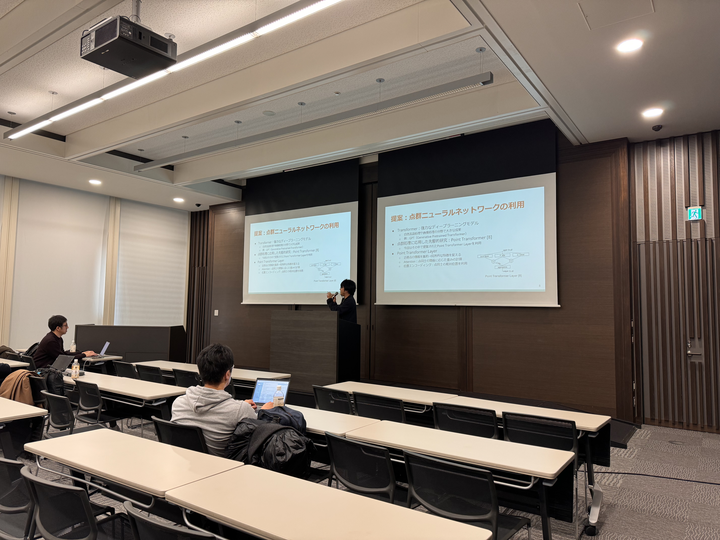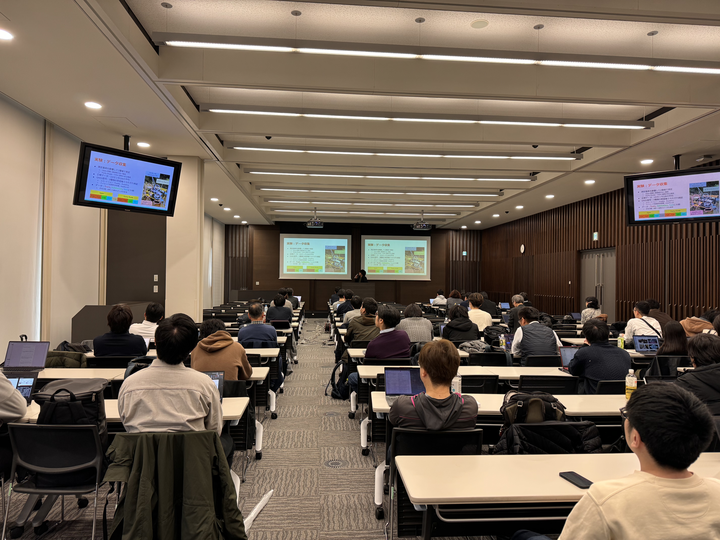Welcome to Sezaki & Nishiyama Laboratory
Our research concerns 2 topics. First is to consider the support of the creative social activities, which utilize network, and the creation of new application. The other is to operate the network element, system technology and system development of various applications
Prospective students and researchers are always welcome to join our team.


